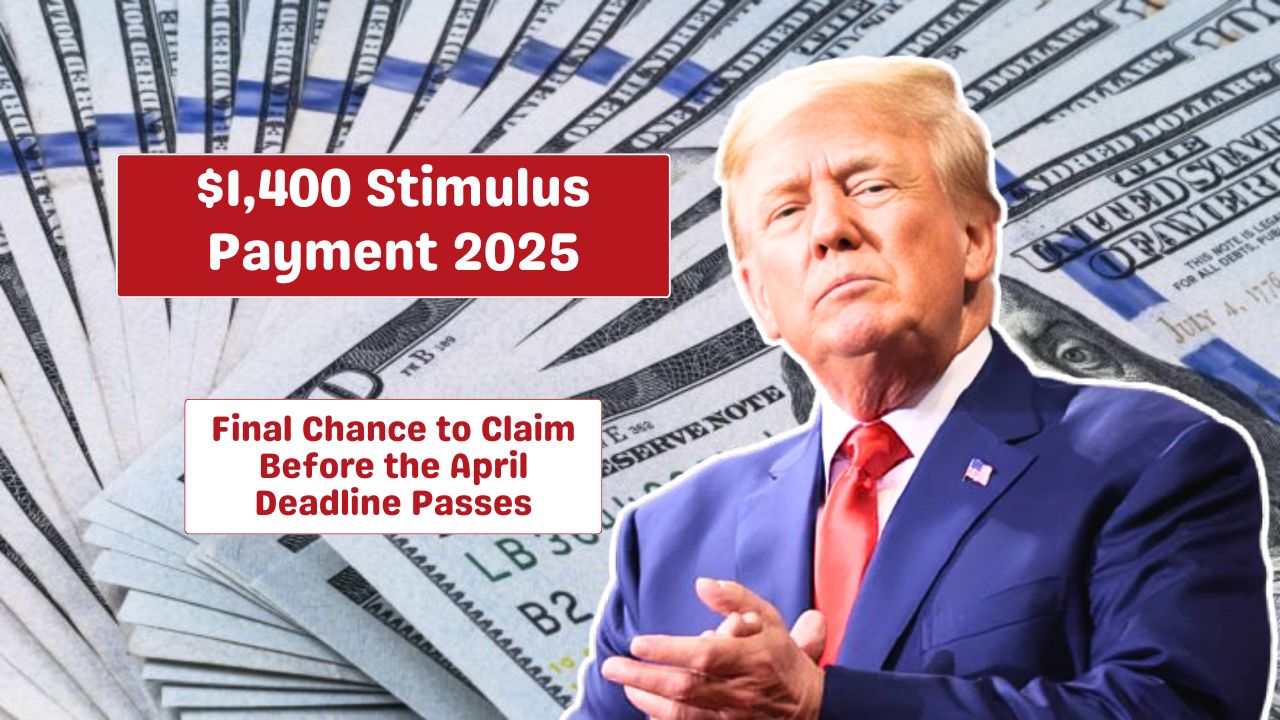The latest update on the Big Tax Changes in USA reveals significant developments as many tax benefits are set to expire due to the Tax Cuts and Jobs Act (TCJA). This legislation, signed by President Donald Trump and effective from January 1, 2018, marked the most substantial update to the tax system in 30 years.
Big Tax Changes in USA
The Tax Cuts and Jobs Act, part of President Trump’s 2017 tax reform package, introduced sweeping changes that will mostly cease after the 2025 tax year. During that time, taxes will increase by 1 to 4 percent for most taxpayers. The TCJA brought significant changes for both businesses and individuals.
Corporate Tax Changes
A pivotal element of the TCJA was the reduction of the corporate tax rate from a tiered structure with a maximum rate of 35 percent to a flat rate of 21 percent.
This change aimed to boost the competitiveness of American businesses globally, encouraging investment within the U.S. Proponents argued that lower tax rates would incentivize companies to reinvest domestic profits, stimulating economic growth and job creation.
Individual Tax Changes
The TCJA made several adjustments to individual income tax brackets and deductions. It maintained a seven-tiered income tax structure but lowered most tax rates. The highest individual income tax rate dropped from 39.6% to 37%, benefiting higher-income earners. The law significantly raised the standard deduction, nearly doubling it for most filers.
As of 2024, the standard deduction is $14,600 for single filers and $29,200 for married couples filing jointly. However, it suspended personal exemptions, which previously allowed individuals to deduct a set amount for themselves and dependents until 2025.
Other Individual Tax Provisions
The TCJA abolished the Affordable Care Act’s individual mandate, which required individuals to have health insurance coverage or face a tax penalty. Critics argued this could lead to higher premiums for those remaining in insurance pools.
On a positive note for households, the law enhanced the Child Tax Credit to $2,000 for each qualifying child and introduced a $500 credit for non-child dependents. These credits, subject to income limits, will be discontinued for higher earners and are set to terminate in 2025.
Investment and Business Incentives
Beyond tax rate reductions, the TCJA aimed to encourage business investment by allowing companies to immediately deduct costs from certain capital investments, known as bonus depreciation. These changes were designed to motivate companies to invest in equipment and infrastructure, boosting productivity and economic growth.
Deduction and Exemption Impact
The TCJA made significant changes to exemptions and deductions, including capping the mortgage interest deduction for new loans at $750,000, down from $1 million under the previous law. This primarily affects homeowners with larger mortgages.
Economic and Political Impact
The passage of the TCJA was contentious, reflecting broader debates about the role of government in taxation and economic policy. Supporters argued that lower taxes would stimulate economic growth and job creation, while critics raised concerns about increased federal deficits and the distributional impact of tax cuts favoring higher-income households.
The Estate Tax exemption was temporarily raised under the TCJA, with the exemption set at $13.6 million for individuals as of 2024, providing relief for larger estates.
The Tax Cuts and Jobs Act presents various ways to create a tax system that supports growth and responsible spending for households and businesses. These options aim to achieve multiple goals without significantly shifting who pays taxes.
For more information on the TCJA and other tax updates, please visit our home page.
FAQs
What is the Tax Cuts and Jobs Act (TCJA)?
The TCJA, signed into law by President Trump in 2017, introduced significant tax reforms for businesses and individuals, including lower tax rates and increased standard deductions.
When do the TCJA provisions expire?
Most provisions of the TCJA are set to expire after the 2025 tax year, leading to changes in tax rates and deductions.
What changes did the TCJA make to corporate taxes?
The TCJA reduced the corporate tax rate to a flat 21 percent, aiming to boost American business competitiveness and economic growth.








